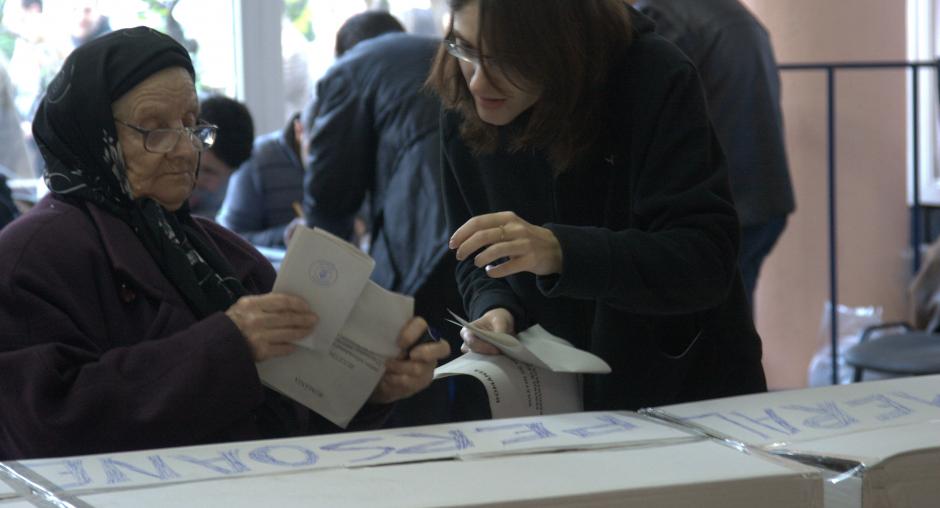Romania's presidential election generally meets standards, but remaining shortcomings must be addressed

BUCHAREST, 23 November 2009 - Yesterday's presidential election in Romania generally met OSCE commitments and other international standards, but steps are needed to address remaining shortcomings, the limited election observation mission deployed by the OSCE Office for Democratic Institutions and Human Rights (ODIHR) concluded in a statement issued today.
The mission noted that the election took place in an environment characterized by respect for fundamental political freedoms. But it also stressed that in order to further improve the election process and enhance public confidence, shortcomings such as the practice of introducing last-minute changes to the election legislation and problems with the voting at special polling stations need to be tackled.
"Although this election was generally conducted in conformity with international standards, the remaining problems need to be addressed swiftly. Such improvements would not only ensure full implementation of national law and Romania's international commitments, but would also remove reasons for suspicion among the political parties and strengthen the trust of voters in the integrity of the election process," said Vadim Zhdanovich, the head of the mission.
Voting in regular polling stations visited proceeded in a generally calm and orderly manner, but the process was problematic in special polling stations, with long queues and a considerable number of voters not being able to cast their ballots as the polling stations closed without processing them. The authorities received numerous reports of incidents, mainly with regard to multiple voting and vote buying.
The campaign was fairly active, and candidates could freely share their views with voters and present their platforms.
The legal framework provides an adequate basis for the conduct of democratic elections, although there is room for further improving the electoral process and enhancing transparency. The continuing practice of amending the election legislation through Government Emergency Ordinance, especially after an election has been called, is not in line with good practice and undermines the separation of powers.
The election administration overall worked professionally, and complaints and appeals were adjudicated in line with the law and in a timely manner.
The media, taken as a whole, offered an ample range of political information, enabling voters to make an informed choice on election day.
The ODIHR limited election observation mission will remain in the country to assess the second round of the election scheduled for 6 December.
